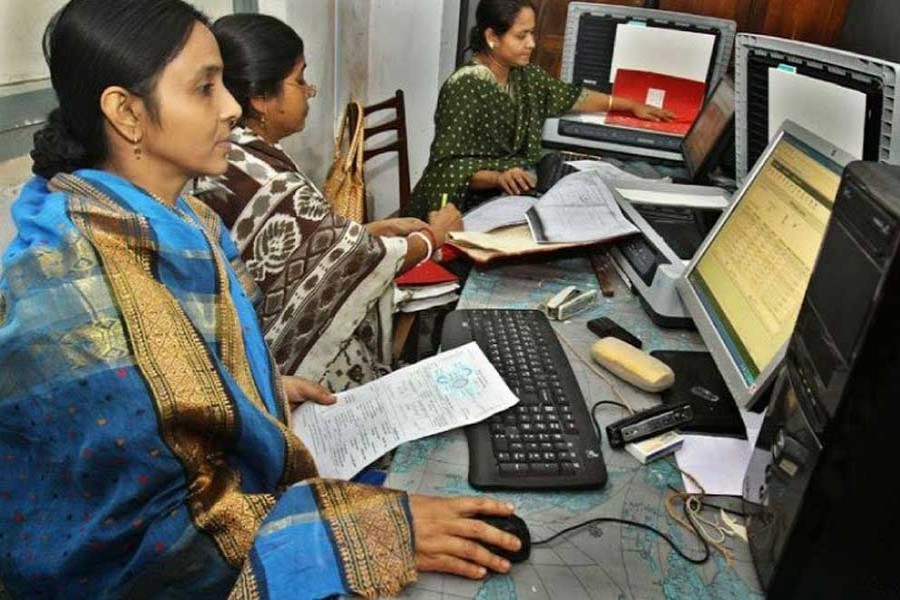The same old stories of bus robbery, anarchy in the transport sector and occasional safe road movement can't create an urge to find lasting solutions. Nobody, however, loves a poor situation.
That Facebook's Mark Zuckerberg doesn't like the way his company's share price and advertisement revenue fell recently, is another issue. He has lost a huge audience and money ($232 billion in a single day) equivalent to more than half of Bangladesh's gross domestic product!
Destiny and Evaly also tried to make fortunes assuming continued growth and all such entities wouldn't expect derailment from the path of hypnotising customers.
Leaders love to talk about changes as did Barack Obama with his campaign slogan 'Change we believe in'. His presidency could neither reduce America's defence expenditure nor trim down the US debts.
Everybody is not Mao Xe Dong, Winston Churchill or Ayatullah Ruhullah Khomeini who would stick to their ideological guns to reach the goal post.
Ordinary minds are nevertheless scared of a change, not just for fear of the unknown but for the experience that their age runs out.
It is the masses who want to get rid of a situation when they've scope in a democratic setup to approve reform agenda.
However, those who promise a change are often barriers to it. And, corrupt public officials' advice to start practicing honesty only generates laughter.
The violence in union parishad polls indicates that election loss may lead to loss of privilege. The authorities apparently apprehend that application of rules of the game may unleash unwanted consequences.
A section of civil society members and political elements are sharing ideas on how to constitute a strong Election Commission to hold free and fair general elections next time.
Professor Wahiduddin Mahmud has come up with one suggestion in a social media post: The persons who do not have the longing for higher positions as the ultimate objective of life and who have courage to resign can serve best. He insists that the search committee has to set the goal of finding persons of high integrity and take pains to accomplish the job.
Unwillingness to take risk for making progress means a favour for status quo but a change is such a constant factor in business of life that human beings can never live in the present.
Wishfully, we prefer reforms that affect everyone except the very powerful. Opportunists ask others to undergo changes without changing themselves. So, their pledges turn hollow.
In its 2008 election manifest - The Charter for Change - the Awami League had set five priorities - addressing commodity price-hike, effective action against corruption, supply of power and energy, elimination of poverty and inequality and establishment of good governance. After its electoral victory, an editorial of the International Chamber of Commerce, Bangladesh, publication, in 2009, stated, 'The new government, therefore, has to turn its words into actions - combating corruption, improving governance, and bolstering the economic activities.'
These issues are being discussed till date. The Dhaka Chamber of Commerce and Industry, in its plan of action for 2022, has underlined the importance of automation for ensuring transparency and accountability. The trade body has also highlighted the blue economy, economic diplomacy, export diversification and all that critical issues of importance.
Thus, issues are left unaddressed, leaving challenges for the current and future generations. The country would still need to focus on agendas such as national reconciliation, good governance, institution building, quality education and healthcare, balanced development, foreign policy consensus and reigniting the Bangladesh dream.
Bringing a change where it is essential requires courage and readiness to pay a price but sometimes only a new atmosphere can allow people to grow and utilise their potential for national development.


